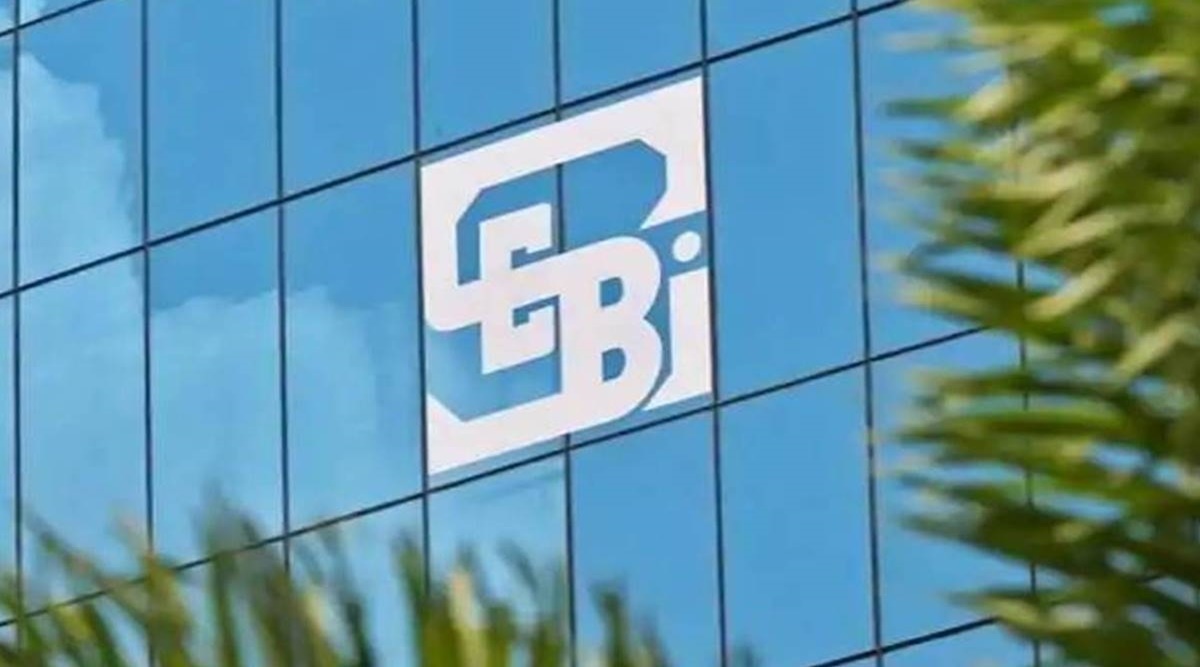01 Apr , 2022 By : monika singh

Market regulator Sebi has moved the Supreme Court against the Bombay high court’s order that allowed the Reliance Commercial Finance’s shareholders to carry out a voting process based on the Debenture Trust Deeds (DTDs) signed in compliance with the RBI’s 2019 circular that is aimed at time-bound resolution of stressed assets. A bench, led by CJI NV Ramana, asked the lenders and other parties not to give effect to the voting process, which has already concluded, till the matter is heard next week afresh by another SC bench led by Justice DY Chandrachud.
The conflict has risen in this case due to application of two circulars issued by two regulators – RBI and Sebi. While the voting was conducted under the RBI (Prudential Framework for Resolution of Stressed Assets) Directions 2019, issued on June 7, 2019, that allowed the lenders to enter into Inter Creditor Agreement (ICA) for arriving at and implementing a resolution plan, Sebi says that the Sebi (Debenture Trustee) Regulations 1993 and its circular of October 13, 2020 were to be strictly complied with as they are meant to protect the interests of investors and to regulate the securities market.
Sebi has challenged the HC judgment, saying that the HC had lost sight of the fact that the provisions of its circular have been incorporated in the DTDs by reference and hence the terms of the deeds have to be read subject to the extant provisons of the securities law.
The market regulator also said that its circular does not take away or impair the voting rights of debenture-holders, but prevents such voting tights being steam-rolled by a large investor.
Additional solicitor general N Venkatraman, appearing for Sebi, argued that the HC could not have directed to carry out a compromise/arrangement/resolution with an entire class of debenture holder (DH) so as to bind even those who are non-privy to the suit by a joint/common vote. This, Sebi says, is contrary to the provisions of the Sebi Act, its regulations and circulars and also the Companies Act 2013 as it creates a new avenue of compromise/arrangement/resolution contrary to law by relying on contractual stipulations.
Senior counsel KV Vishwanathan, appearing for Bank of Baroda, opposed the Sebi’s appeal, arguing that the Sebi circular cannot be applied to defaults which have been committed prior to October 13, 2020 (the date of issuance of the Sebi circular) and the circular itself does not say anything about its retrospective application. Therefore, the Sebi circular does not apply to defaults under DTDs which pre-date the Sebi circular, he added.
0 Comment